Belated Movie Review #8: A Correlation of Certain Musical Contents
My last belated movie review “Towards a Unified Theory of Hudson Hawk” ruffled feathers and inspired what the political class calls ‘spirited debate.’ However! I made the following statement in that review :
Is there any movie genre so thoroughly degraded as the musical? Where once they roamed the Theater Landscape in thunderous, glittering fabulous herds, their numbers are now constrained to a few preserves in boutique dinner theaters, and I suppose, the breeding program that is Glee. Oh sure, a few attempts to re-introduce them to the wild have happened, ending tragically vis-à-vis Moulin Rouge.
It has come to my attention that I made a woeful error (some might even say a merciful deletion) of omission! My sin is compounded by the fact that there was a great and grand musical, that it had a plethora of 80s stars, and it was a sci-fi, and a re-make to boot! I refer, of course, to 1986’s Little Shop of Horrors, itself a remake of the 1960 Roger Corman film of the same name.
I’m not sure how I could have forgotten this. Rick Moranis, Bill Murray, Steve Martin, and with Martin Robinson spearheading ever increasingly complex puppetry/animatronics that would make Jim Henson blush!
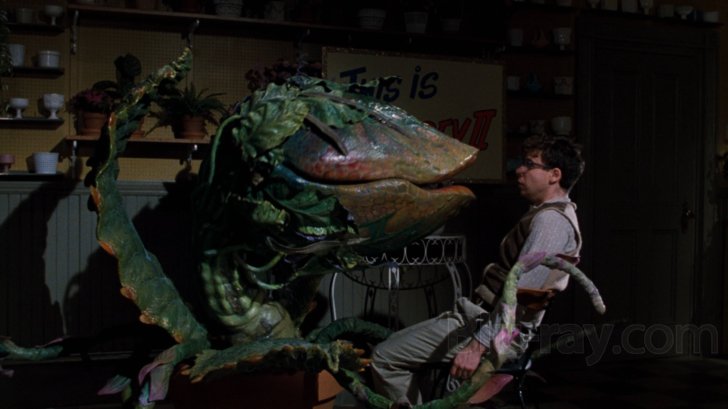

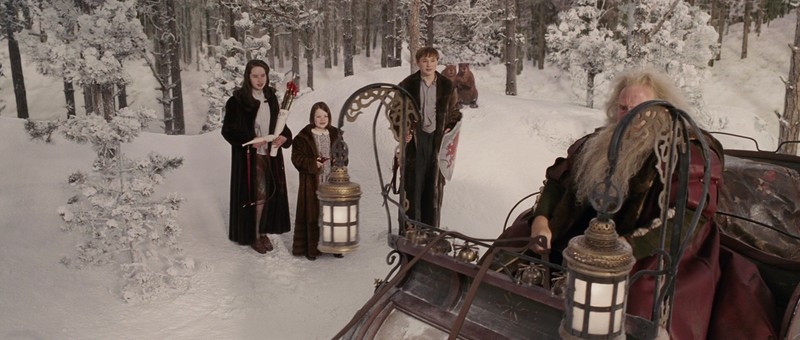
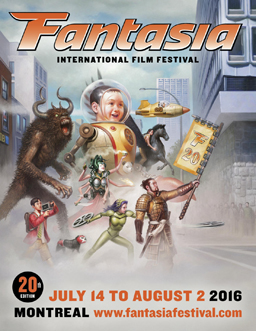 Having finally posted reviews of all the movies I saw at the 2016 Fantasia International Film Festival, I want by way of conclusion to think about what I’ve learned. I don’t just mean about film, or about the film industry. But about genre, and what genre does, and how it works on film.
Having finally posted reviews of all the movies I saw at the 2016 Fantasia International Film Festival, I want by way of conclusion to think about what I’ve learned. I don’t just mean about film, or about the film industry. But about genre, and what genre does, and how it works on film.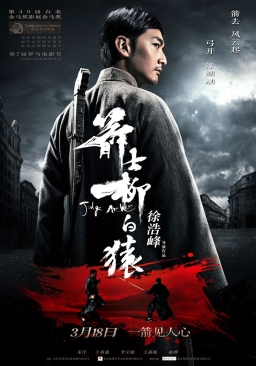 Wednesday, August 3, was the last day of the Fantasia International Film Festival. Three full weeks of genre films would wrap up here, and I was looking forward to the three last films of the year. The day would begin with the Chinese martial-arts film Judge Archer (Jianshi liu baiyuan). After that came the independent American movie If There’s a Hell Below, promising a paranoid thriller about whistleblowers and government surveillance. Finally came a movie I’d been eagerly anticipating since the start of the festival, the Polish science-fictional classic from 1977 On the Silver Globe (Na srebrnym globie), a space opera about colonization and war on an alien planet. All three were rewarding, and all three were pleasantly (and increasingly) elliptical.
Wednesday, August 3, was the last day of the Fantasia International Film Festival. Three full weeks of genre films would wrap up here, and I was looking forward to the three last films of the year. The day would begin with the Chinese martial-arts film Judge Archer (Jianshi liu baiyuan). After that came the independent American movie If There’s a Hell Below, promising a paranoid thriller about whistleblowers and government surveillance. Finally came a movie I’d been eagerly anticipating since the start of the festival, the Polish science-fictional classic from 1977 On the Silver Globe (Na srebrnym globie), a space opera about colonization and war on an alien planet. All three were rewarding, and all three were pleasantly (and increasingly) elliptical.
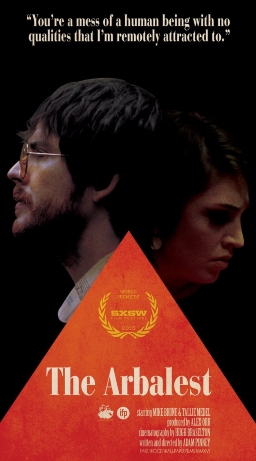 Tuesday, August 2, was the next-to-last day of the 2016 Fantasia festival. I had two movies lined up. First would come The Arbalest, at the De Sève Theatre: a period fantasy about a man who made an addictive puzzle in a slightly alternate 1970s. That would be followed by The Piper (Sonmin), a Korean film that reimagined the Pied Piper story as set in a postwar Korean village. Both looked promising. One delivered on that promise.
Tuesday, August 2, was the next-to-last day of the 2016 Fantasia festival. I had two movies lined up. First would come The Arbalest, at the De Sève Theatre: a period fantasy about a man who made an addictive puzzle in a slightly alternate 1970s. That would be followed by The Piper (Sonmin), a Korean film that reimagined the Pied Piper story as set in a postwar Korean village. Both looked promising. One delivered on that promise.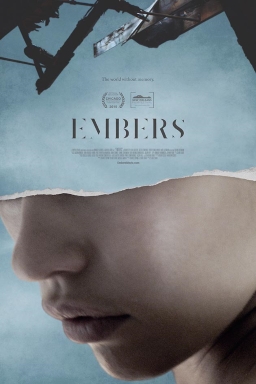 By Monday, August 1, the end of the 2016 Fantasia Film Festival was in sight. Two more days, and it’d be over for another year. Bearing that in mind I was determined to pass by the Festival’s screening room and catch up with some films I’d missed earlier in the festival. First, though, I was headed to the De Séve Theatre for a showing of the American-Polish science-fiction movie Embers, about a world struck by a plague of forgetting. After that I’d go to the screening room, where I’d watch the French absurdist comedy L’Élan and the Mexican horror-fantasy We Are the Flesh (Tenemos la carne).
By Monday, August 1, the end of the 2016 Fantasia Film Festival was in sight. Two more days, and it’d be over for another year. Bearing that in mind I was determined to pass by the Festival’s screening room and catch up with some films I’d missed earlier in the festival. First, though, I was headed to the De Séve Theatre for a showing of the American-Polish science-fiction movie Embers, about a world struck by a plague of forgetting. After that I’d go to the screening room, where I’d watch the French absurdist comedy L’Élan and the Mexican horror-fantasy We Are the Flesh (Tenemos la carne).